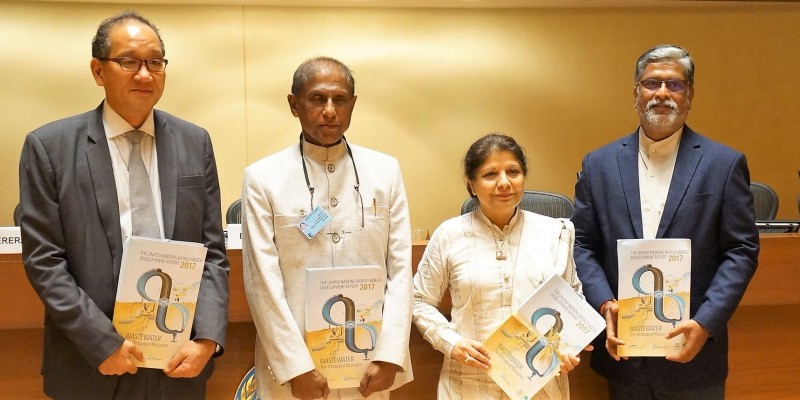Policy Advice
What?
The ICT in Education Programme at UNESCO Bangkok assists Member States in the development of relevant ICT in education policies and strategies by conducting policy development workshops, providing a comprehensive policy review, and facilitating regional policy dialogues.
Policy Development Workshops
Policy development workshops focus on capacity building and supporting Member States who wish to develop an ICT in education master plan or policy in a holistic manner. It aims to promote appropriate policy models and strategies for the integration of ICT into education in the Asia-Pacific region, with special emphasis on developing policies which utilize ICT to remove barriers to participation in education and to enhance the quality of education.
The overall objectives of the workshops include:
- Raise awareness among policy decision makers of the benefits and risks of using ICT in education to facilitate the achievement of their education goals;
- Strengthen the capacity of policy decision makers to develop, implement and monitor effective ICT in education policies and plans;
- Estimate and project the cost implications for the selected ICT provision for educational institutions; and
- Initiate and sustain multi-stakeholder cross-ministry discussions on ICT in education policy.
Policy Review
For Member States who have already developed and implemented their ICT in education master plan or policy, we can assist with a systematic review of the policy documents and reports against the national educational goals. This review exercise, carried out by UNESCO and international experts, provides an opportunity for the concerned Member State to benchmark their master plan and policies with those of other countries in the similar contexts, broaden the perspectives to align with the national education sector plan, look closely into strengths and weakness, and revisit the implementation strategies.
Policy Forum
We also organize regional and sub-regional policy fora to share Member States’ knowledge, experiences and lessons learned in planning and implementing innovative initiatives in ICT for education across the region and beyond. The development of regional and sub-regional policy has been led through these platforms, such as the Asia Pacific Ministerial Forum on ICT in Education (AMFIE) and the Central Asia Symposium on ICT in Education (CASIE). For the details of each forum, including programme, presentations and outcome documents, please visit Events.
Why?
National ICT in education policy acts as a roadmap for the entire education sector's efforts towards the integration of ICT into a Member State's education system. These policies have grown in importance in this digital age and will continue to do so as technology becomes an indispensable part of our daily lives and continues to change the way in which our societies operate. Policy decisions that are made without a clear vision of what needs to be achieved, are not integrated with existing sector and nationwide plans, or without research and evidence to justify such decisions, can lead to a waste of resources due to ineffective programmes and projects. The repercussions of national policy can be long-lasting given the five to ten-year timelines of national master plans and policies. By learning from fellow Member States' experiences and leveraging UNESCO's expertise, missteps can be avoided by taking into consideration of a variety of factors in ICT in education policy planning including a supportive national policy framework, clear policy goals and appropriate costing and budgeting.
What is happening?
AMFIE 2017 was held on 11-12 May 2017 in Seoul, Republic of Korea, and concluded with the adoption of the 'Asia-Pacific Regional Strategy on Using ICT to Facilitate the Achievement of Education 2030'. This landmark development will guide the Asia-Pacific region's priorities over the next five years from 2017-2022 on the use of ICT to achieve Sustainable Development Goal 4 on education, in alignment with the Education 2030 Agenda. Find out more at the AMFIE 2017 page.
We have ongoing projects supporting Member States in the Pacific and in South Asia with the development of their ICT in education master plans.






